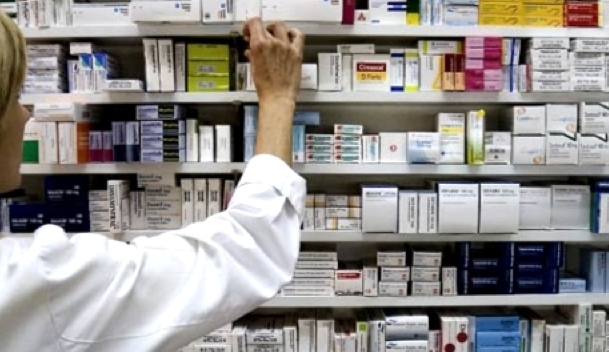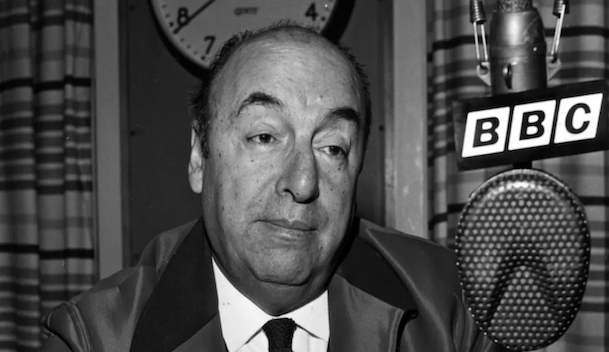Competition: The Shine Comes Off
Protests Strike A Chord At Santiago Theatre Festival
11 Jan 2012Chile’s Voting System: Bye-Bye Binomial?
22 Feb 2012
CHILE likes to see itself as a model of free-market efficiency in a region hamstrung by protectionism and collusion. That makes a ruling on January 31st by the country’s anti-trust regulator particularly embarrassing. After a three-year investigation, the regulator concluded that the pharmacy sector, supposedly a free market, was nothing of the sort. For four months from December 2007 to March 2008 (and perhaps for years before that) Chile’s three big pharmacy chains, which between them control 90% of the market, fixed the prices of 222 medicines, the regulator found. They included treatments for serious chronic diseases like epilepsy and diabetes.
On average, the price of the drugs rose by 48% during the four-month period, while the cost of manufacture rose by just 1%. Some of the medicines tripled in price.




